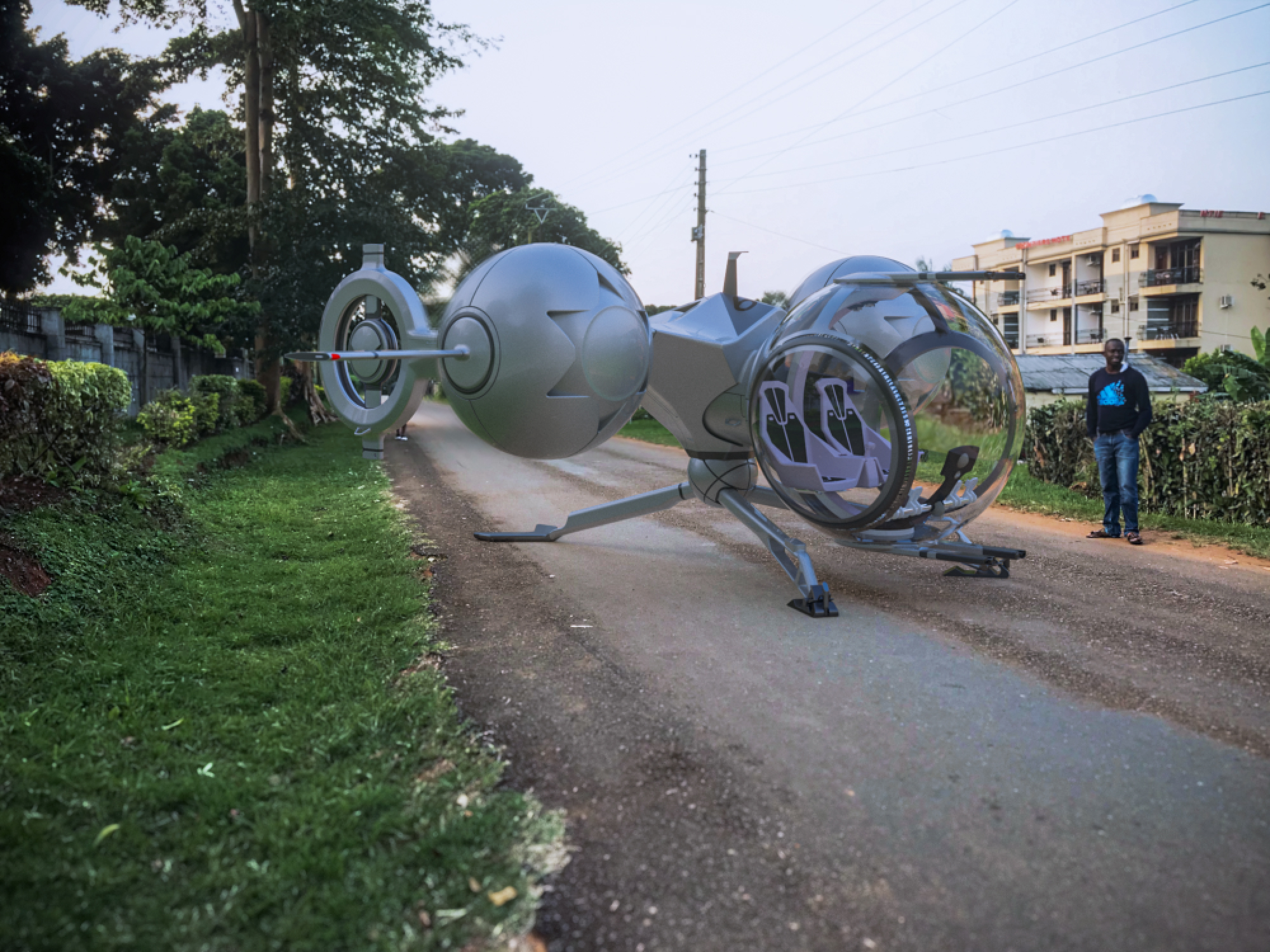Virtual Tourism and Experiences
Tourism and Virtual experiences is becoming more popular around the world, and it is not just a reaction to the COVID pandemic; it has been developing quietly for some years. Virtual tourism, also known as virtual reality tourism, has grown in popularity among tourist industry stakeholders in recent years. It was once primarily used as a marketing tool.
We now witness virtual tourism activities in many sections of the travel and tourist business, fueled by technical advancements and Internet usage around the world and strongly tied to the concept of smart tourism. But what exactly is virtual tourism, and how does it fit into the tourism industry?
A video of a tourist destination could be used in virtual tourism. The 'tourist' uses their hearing and vision to watch the video. Immersion in an environment through the use of a headset or simulator is a more advanced type of virtual tourism. It may include the use of various props, the requirement that users wear gloves, and additional sensations such as movement (as in a roller coaster simulator), feeling (as in being sprayed with water), and fragrance.
Virtual tourism encompasses a wide range of digitally mediated realities, such as virtual reality, mixed reality, and augmented reality.
In fact, virtual activities are expanding far beyond the tourism industry's reach. The most popular application of virtual reality (VR) is as a marketing tool. For a long time, DMOs, tour operators, and tourist attractions have used virtual reality (VR) to promote themselves, believing that the VR experience will entice travellers and bring in new revenue.
Why Tourism and Virtual experience?
Marketing and Promotion
Virtual tourism can be used as a marketing tool by tourist sector players, such as destination management organisations (DMOs), tour operators, and others in the marketing realm.
Virtual evidence of how fantastic a vacation or tourist experience might be can lull visitors considerably more easily than traditional tactics such as holiday brochures, guidebooks, or even websites.
Seeing and hearing an experience is a terrific technique to persuade and encourage someone to go for their cash in anticipation of the ‘real deal.'
The development of the virtual tourist business begins with marketing and promotion.
How Tourism and virtual experiences can enhance the tourism sector.
- Travel companies
Tourism companies can use technology to sell travel experiences more efficiently. Companies can use 360-degree movies and cinematic VR productions to advertise places and encourage people to travel.
- Hotels
Over the years, the way hotels market to clients has stayed remarkably the same. Virtual tourism has the potential to engage travellers in new ways. There's no better way to market your location than to send potential customers there digitally, which is exactly what their platform does with VR, AR, and 360-degree video.
It allows hotel owners to promote their accommodations through an interactive marketing experience, giving clients the ultimate "try-before-you-buy" experience.
- Airlines
As far as passenger entertainment goes, airlines can offer VR experiences in-flight and in-lounge. Passengers can escape reality and enjoy a cinematic experience with over 250 hours of programming, ranging from early-release blockbusters to documentaries in HD, 2D, 3D, and forward-facing 360-degrees.
Airlines such as British Airways, Air France, and Garuda Indonesia have all used the technology in the past. Virtual reality entertainment has the potential to give airline brands a competitive advantage in attracting passengers.
In recent years, virtual tourism has grown and developed as a business in tandem with technical improvements and the application of smart tourism. However, the Coronavirus outbreak and resulting social isolation have fueled the industry's rise.
As we can see, those who are interested now have access to a wide choice of virtual activities, ranging from visiting a museum to climbing a mountain. This has both advantages and downsides in terms of virtual tourism.
Overall, this is an industry that has undergone unanticipated and unprecedented growth, and it is deserving of more academic research in order to fully comprehend this creative tourism sector.
- Log in to post comments

